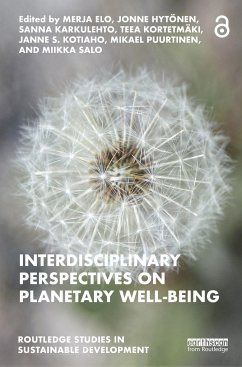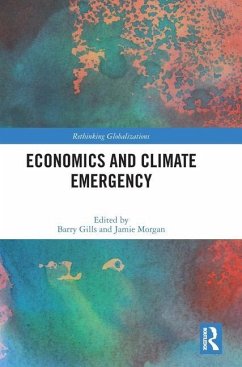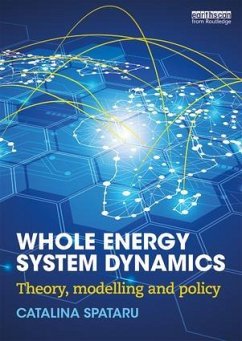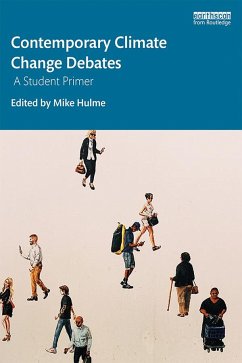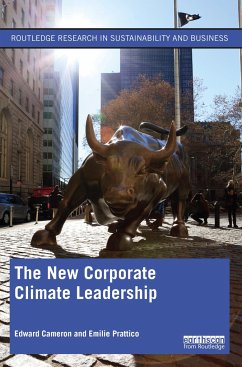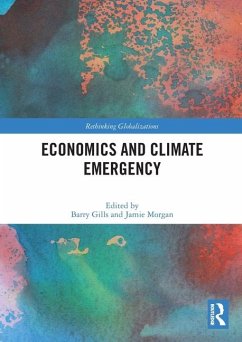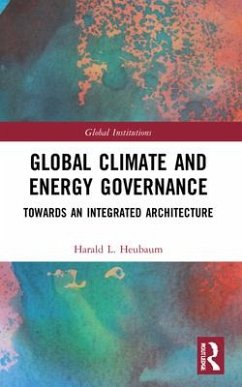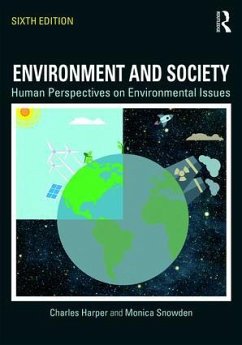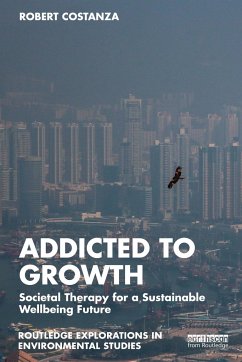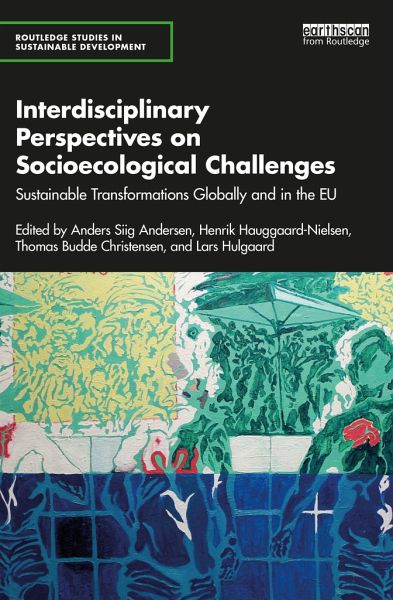
Interdisciplinary Perspectives on Socioecological Challenges
Sustainable Transformations Globally and in the EU
Herausgegeben: Andersen, Anders Siig; Hauggaard-Nielsen, Henrik; Christensen, Thomas Budde; Hulgaard, Lars
Versandkostenfrei!
Versandfertig in 6-10 Tagen
42,99 €
inkl. MwSt.
Weitere Ausgaben:

PAYBACK Punkte
21 °P sammeln!
This book explores interdisciplinary perspectives on socioecological challenges and offers innovative solutions at both a European and global level.This book critically reflects on the latest scientific knowledge regarding the increasing instability of the Earth System caused by human activities during the Anthropocene and the Great Acceleration. It focuses on the global and European challenges regarding climate, resources, bio-integrity, and environment. The authors assess the obstacles to overcoming these challenges and examine the risks posed by path dependencies, lock-ins, and trade-offs b...
This book explores interdisciplinary perspectives on socioecological challenges and offers innovative solutions at both a European and global level.
This book critically reflects on the latest scientific knowledge regarding the increasing instability of the Earth System caused by human activities during the Anthropocene and the Great Acceleration. It focuses on the global and European challenges regarding climate, resources, bio-integrity, and environment. The authors assess the obstacles to overcoming these challenges and examine the risks posed by path dependencies, lock-ins, and trade-offs between global and regional goals. They also drill down into the complexities of the European Green Deal, specifically the similarities and differences between the scientific analyses and recommendations from the European Environment Agency and the content of the Deal. Finally, the book looks at the Just Transition put forward by the European Green Deal. The authors discuss this in a context of global and European ecological and socioecological challenges and put the question of equality, recognition, and democratization at the center.
Outlining new pathways to broaden the scope of scientific collaboration between the natural and technical sciences and the social sciences and the humanities, this volume will be of great interest to students and scholars of sustainable development, environmental policy and governance, and environmental justice.
This book critically reflects on the latest scientific knowledge regarding the increasing instability of the Earth System caused by human activities during the Anthropocene and the Great Acceleration. It focuses on the global and European challenges regarding climate, resources, bio-integrity, and environment. The authors assess the obstacles to overcoming these challenges and examine the risks posed by path dependencies, lock-ins, and trade-offs between global and regional goals. They also drill down into the complexities of the European Green Deal, specifically the similarities and differences between the scientific analyses and recommendations from the European Environment Agency and the content of the Deal. Finally, the book looks at the Just Transition put forward by the European Green Deal. The authors discuss this in a context of global and European ecological and socioecological challenges and put the question of equality, recognition, and democratization at the center.
Outlining new pathways to broaden the scope of scientific collaboration between the natural and technical sciences and the social sciences and the humanities, this volume will be of great interest to students and scholars of sustainable development, environmental policy and governance, and environmental justice.




